RECOMMENDED NEWS
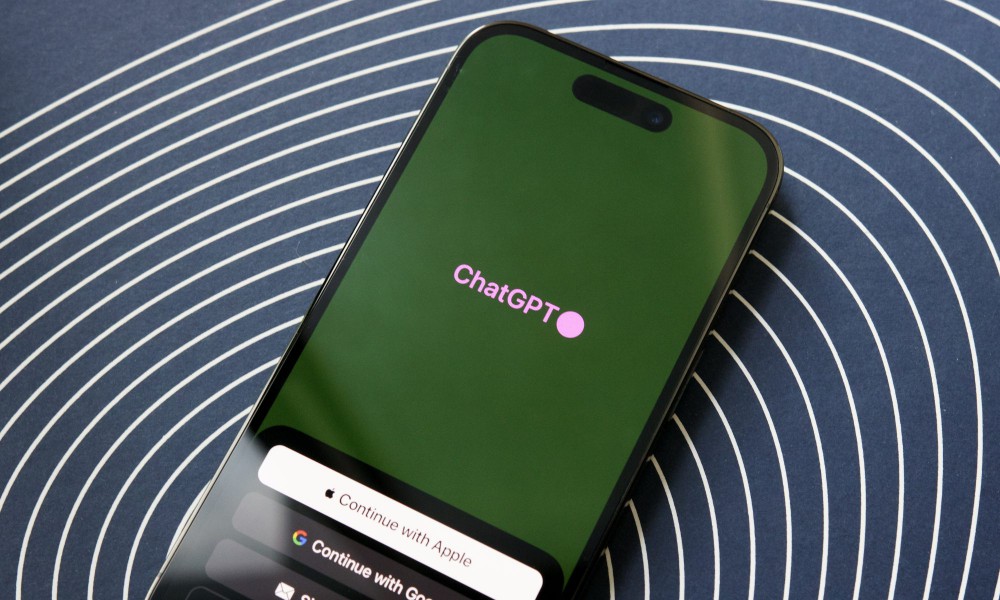
The hottest new ChatGPT trend is disturbingly morbid
The rise of AI has helped us make some huge leaps. From helping with medicine research to spotting c...
Read More →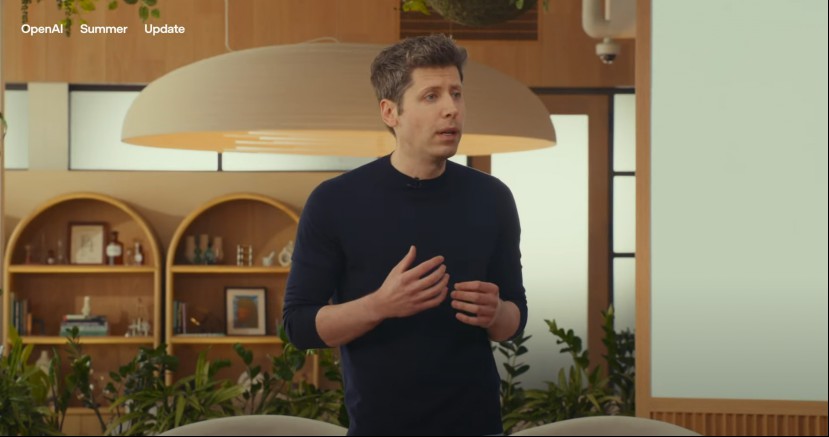
GPT-4o is back on ChatGPT; OpenAI relents following huge backlash
OpenAI, the makers of ChatGPT, have performed something of an about-face after fans were upset that ...
Read More →
Honor 400 series phones will turn pictures into fun videos using AI
Chinese smartphone brand, Honor, is usually at the helm of camera-centric smartphone innovations and...
Read More →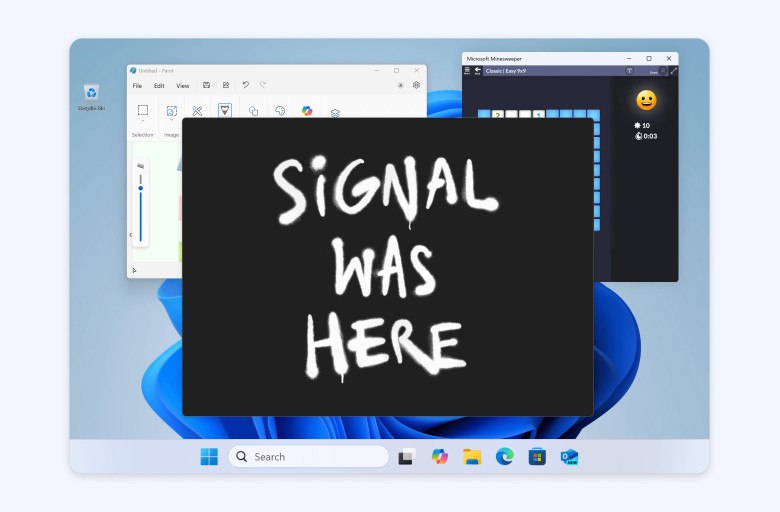
Blackmailers, spys, and cheaters beware: Signal cuts off Microsoft screengrab feature
Signal, the popular privacy-centric messaging app, has rolled out a significant update to its Window...
Read More →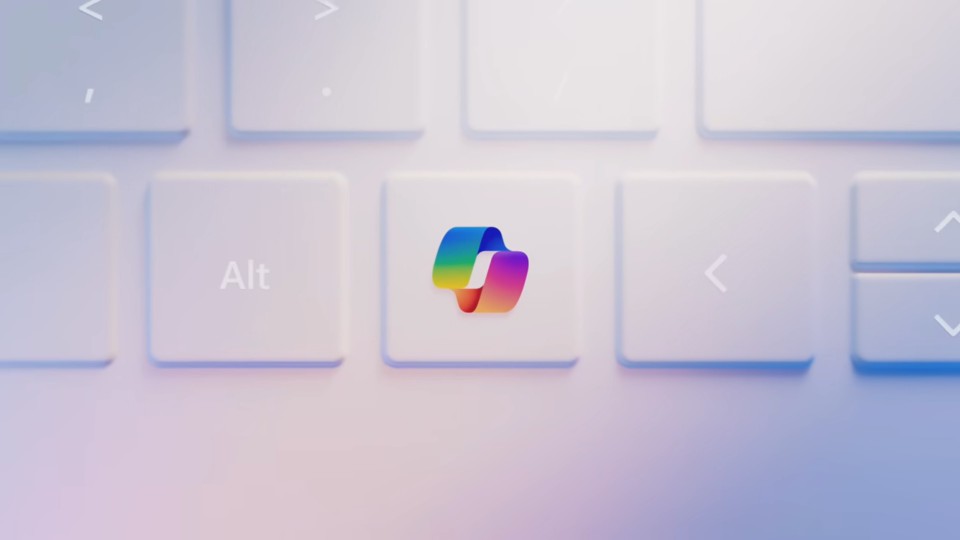
Microsoft announces major AI upgrade for Windows with smarter Copilot feature
Microsoft announced improvements to Copilot in a blog post today, including a new Vision feature tha...
Read More →
Netflix search could soon get an AI boost, and it sounds like a boon
There’s a running joke in the streaming world. By the time you decide what to watch, the snacks ar...
Read More →
OpenAI plans to make Deep Research free on ChatGPT, in response to competition
OpenAI has plans to soon make its Deep Research function available for free tier ChatGPT users.The f...
Read More →
Copilot for Gaming is like Xbox’s Nintendo tip line, but for AI
Copilot Is Coming To Gaming, Xbox Play Anywhere Updates, And More Official Xbox PodcastCopilot for ...
Read More →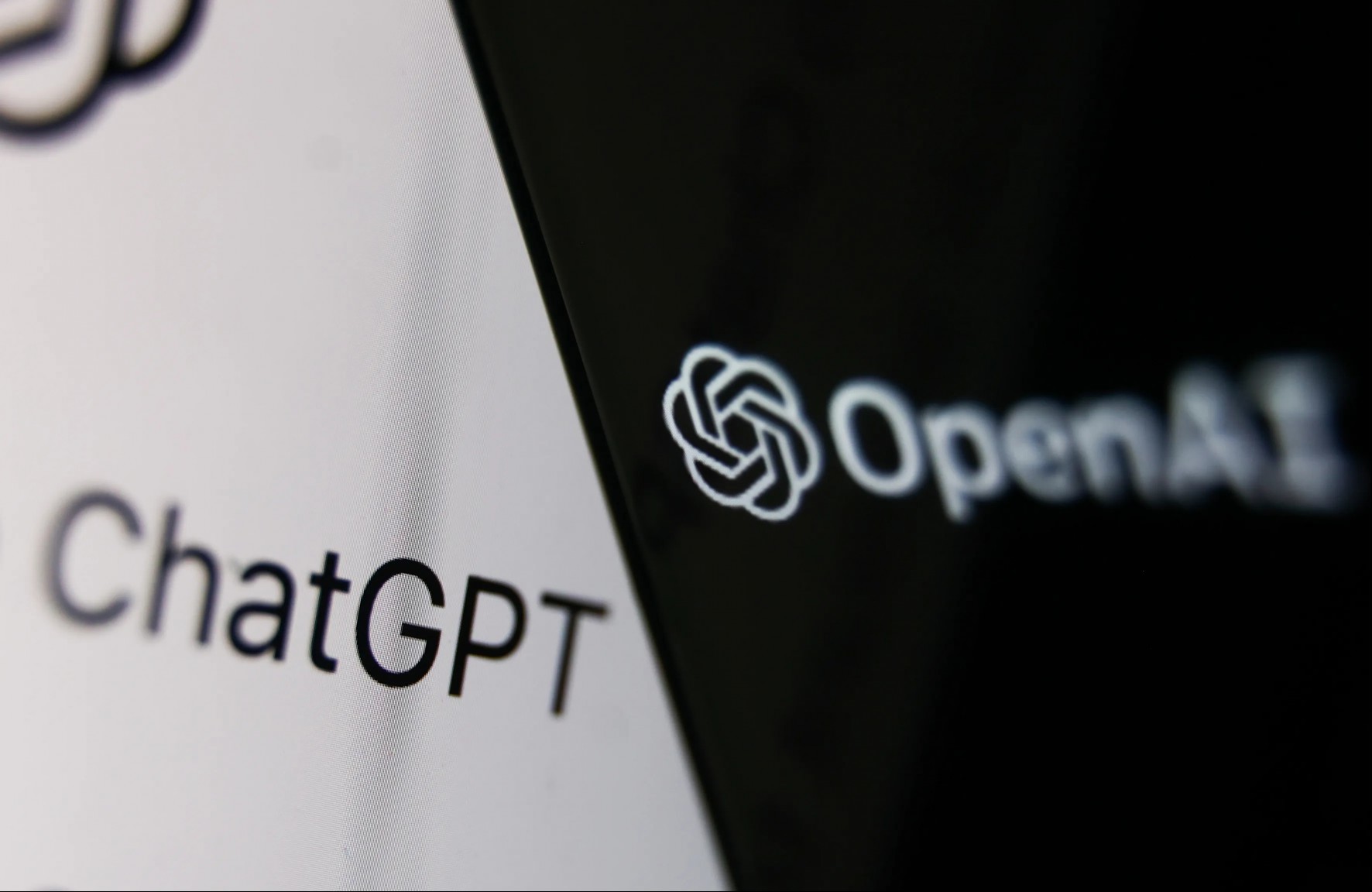
OpenAI showing a ‘very dangerous mentality’ regarding safety, expert warns
An AI expert has accused OpenAI of rewriting its history and being overly dismissive of safety conce...
Read More →
Comments on "Using ChatGPT too much can create emotional dependency, study finds" :